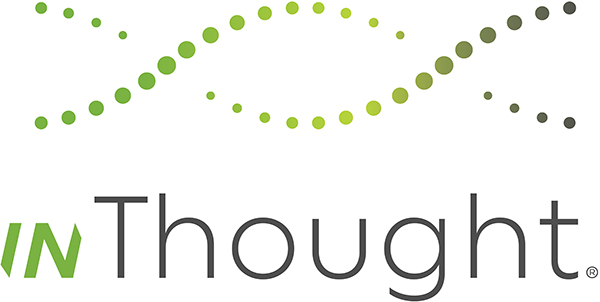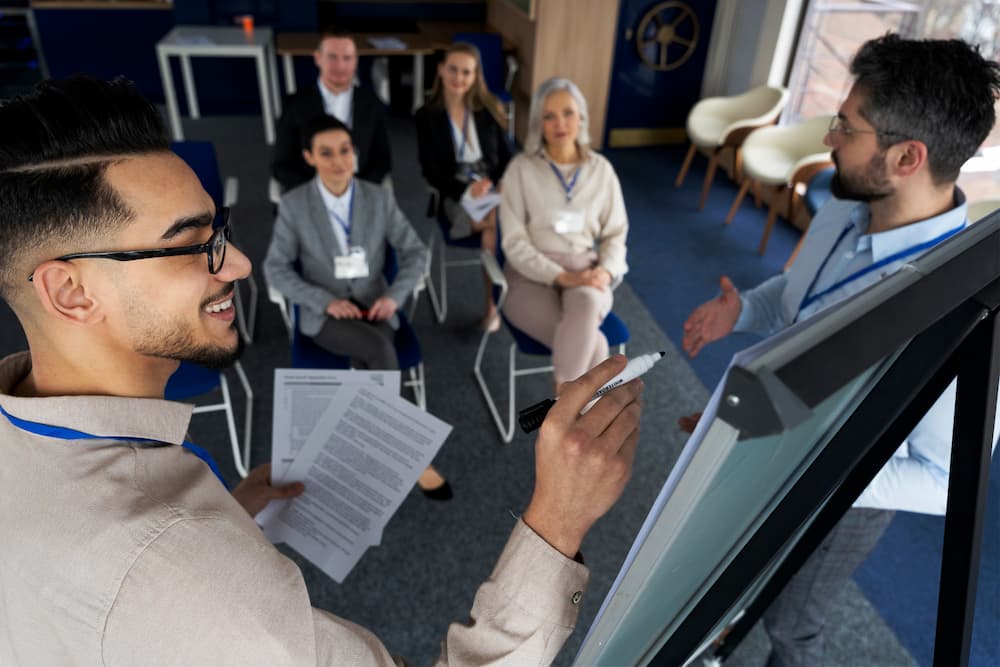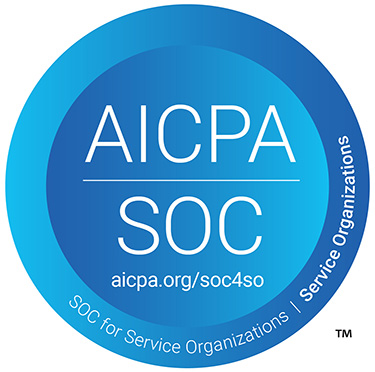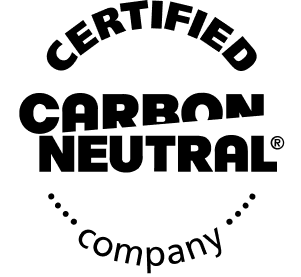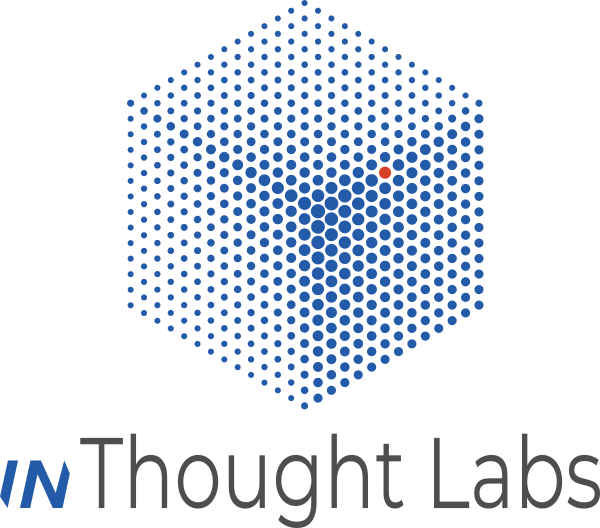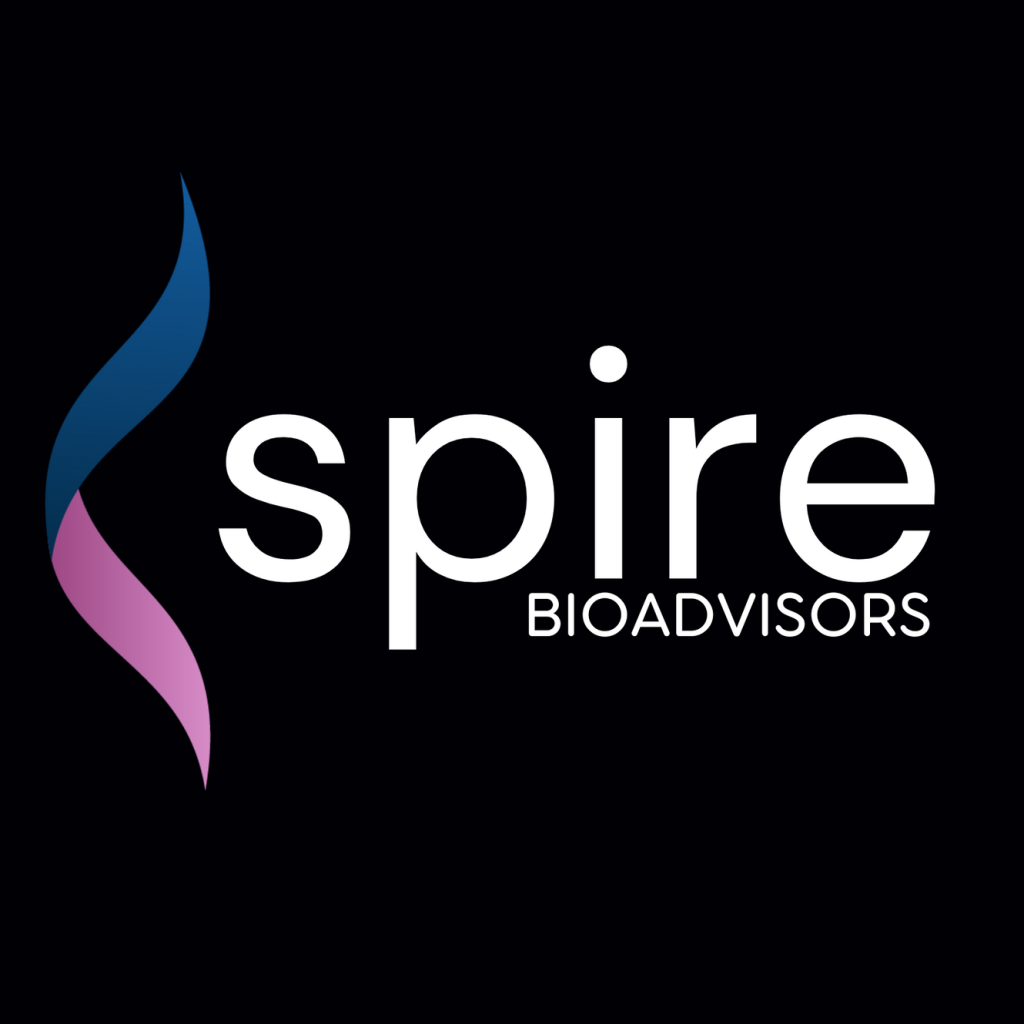Networking is critical in almost every industry. In the exceptionally competitive field of healthcare, it is paramount. Medical conferences are an excellent source not only for new clinical data, but also for the latest opinions from physicians. This provides an invaluable look at the future trends for the use of both marketed and pipeline products from biotech and pharmaceutical companies. Here are some tips to help you get the most from attending a pharmaceutical conference.
1. Have a Strong Pre-Meeting Plan
Typically, conferences release abstract titles and sometimes full abstracts 2 to 4 weeks before the conference. Prepare your schedule of the presentations and abstracts that are most pertinent to your company’s needs. The first step in this process is to identify the keywords (generic drug names, targets, and trial concepts like “randomized” or “novel”) that are most important to your business goals. Using these keywords, create a detailed, priority-ranked schedule. Make sure to include industry sponsored sessions that may not be part of the main itinerary on the conference web site.
2. Identify Key Intelligence Questions (KIQs) and Topics (KITs)
As the second part of your preparation stage, review your company’s key intelligence topics (KITs) and develop key intelligence questions (KIQs) based on your weak areas. Be sure to attend conference presentations that address your KIQs.
When attending symposia, oral sessions, and posters, gauge the reaction of the audience. At posters, listen to the questions others are asking. Ask the presenter about her or his research, not just about your KIQs. Often, market research data will be published that can also help gauge market reaction.
3. Identify Key Opinion Leaders (KOLs)
While at the conference, identify the key opinion leaders (KOLs) and address your KIQs to them. Attend their sessions and take note of their opinions as well as the data they are presenting.
Speak to as many KOLs and other presenters as possible. We find that it is valuable to listen to the questions being asked to the presenters at the end of sessions, and try to add one or two of your own.
inThought Research offers conference coverage services that help you obtain the important points from a conference without having to attend yourself.
4. Conduct Daily Debrief Meetings at the Conference
As far in advance of the conference as possible, schedule daily group debriefs. Holding debriefs at the conference can help ensure that the information recorded from conference sessions is still fresh in everyone’s mind.
We find that interactive discussions are better than re-presenting data. After a brief summary of the data presented at a key session, leave time for your team to discuss the implications to your products and pipeline drugs. Do these data match your organization’s current objectives and/or similar data in that therapeutic area (TA)? Be sure to assess how the data may impact future business decisions, and think about crafting a strategy for moving forward with the new information. Discuss what questions your team has based on the new information that you might be able to address by speaking with attendees the next day.
5. Post-Meeting Summary
A post-meeting report should record the high-level details gathered from the conference for future reference. Your report should also include an evaluation of your competitors’ commercial efforts and any materials you obtained during the conference. Ensure that important media such as posters, presentations, and exhibits are clearly laid out in the document.
When composing your report, it’s a good idea to include an executive summary that addresses the key intelligence topics and emergent data that have been observed and noted. What pertinent information was obtained from the conference, and what does it mean for your relevant TA or business moving forward?
Putting It Together
To get the most out of attending a pharmaceutical conference, it’s important to make proper preparations, clearly lay out calendar events (including assignments for individual team members), interview industry leaders, and use debrief meetings and reports to summarize the new findings you have gathered from the conference.
inThought’s inVision platform provides a conference module that manages the schedule of a large team, allows sharing of notes and photos, and becomes a searchable and indexed repository for the intelligence after the meeting. inVision ensures that the data and analysis from the conference is organized and easily recallable, making the massive amount of information from a congress useful, allowing your team to react quickly and focus on a plan for the market.
Stay Informed with inThought Conference Coverage
inThought pharmaceutical conference coverage services can help your team be effective at a meeting. We can also enable you to stay abreast of the latest trends and professional insights without having to attend conferences yourself. Our experts can work with your team to create a customized schedule and collect the most important information on your behalf. We will populate key data along with our team’s analysis in your centralized inVision platform, which your team members can access in real time.
Contact us to learn more about our customized pharmaceutical conference coverage services.
